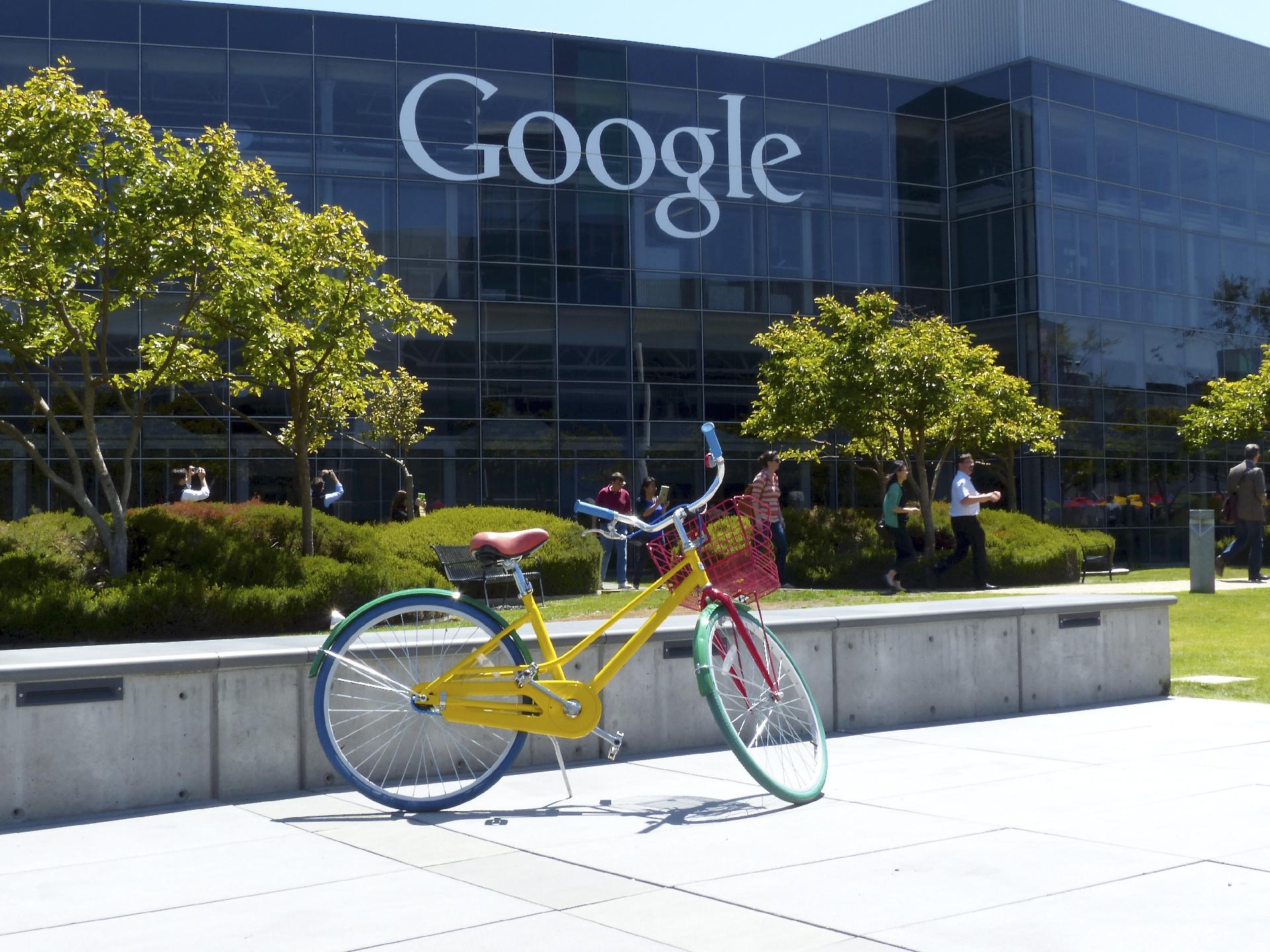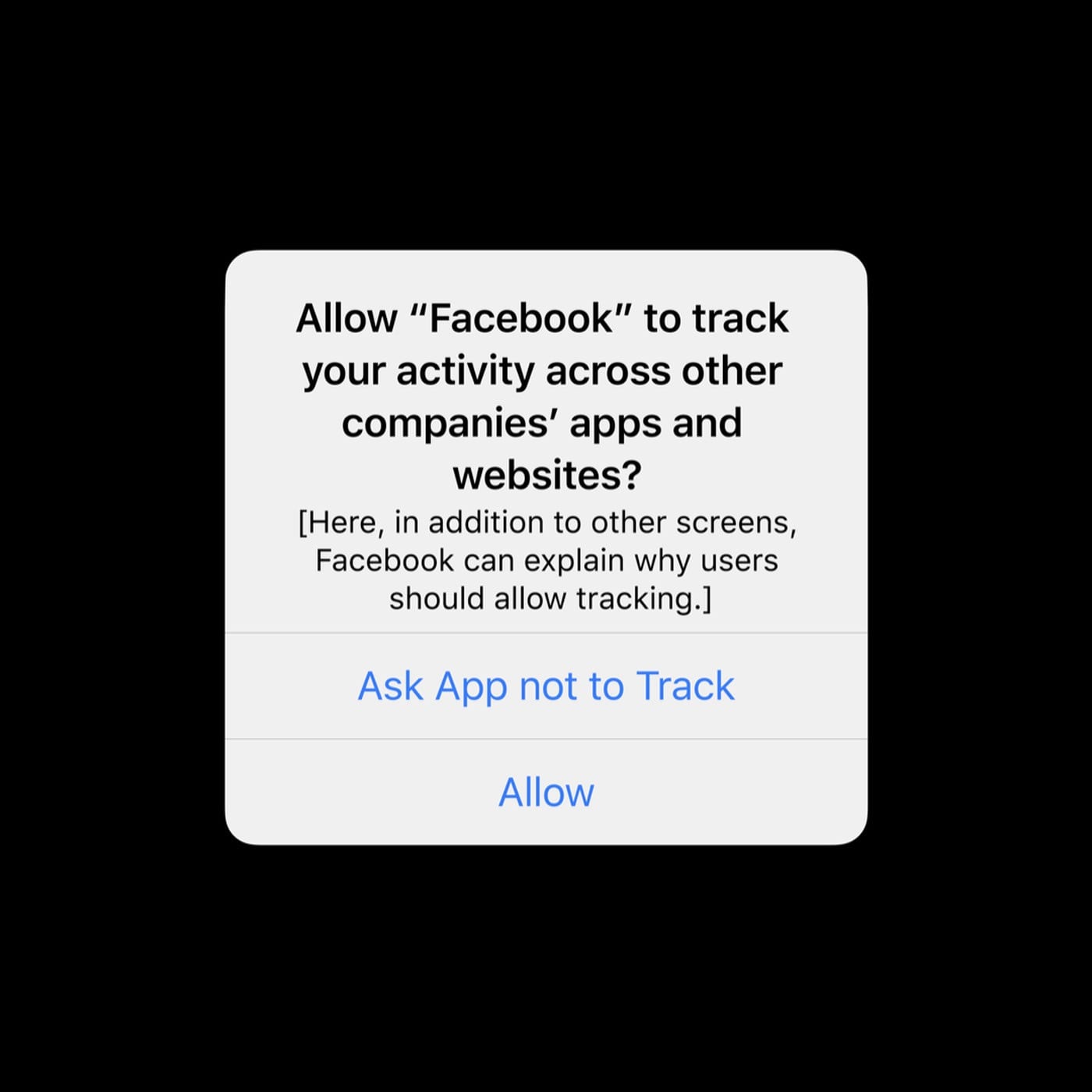The current privacy updates and initiatives being adopted by major digital tech giants and browsers threaten to obscure your necessary marketing data by blocking 3rd party cookies. Without them, your Facebook & Instagram marketing campaigns may fail to properly optimise and perform. Don’t worry, this isn’t the end of cost-effective marketing. However, we need to talk about protecting your Facebook marketing performance from a cookie free future and Apple’s iOS14 update.
Businesses that benefit from paid Facebook and Instagram marketing should act now to take the necessary steps to protect your future marketing data capture. This can be achieved by integrating Facebook’s new recommended methods. Consistent but privacy respectful data capture is crucial to getting the best return on marketing budgets in this new privacy-focused landscape.
How exactly can I protect my Facebook marketing performance when cookies are blocked?
For those short on time, I’ll cut to the chase.
The first step towards protecting your Facebook & Instagram marketing performance is to verify your domain with Facebook. Every ad you create must now have an associated domain for tracking events on site. Verifying your domain with Facebook should also help reduce the risk of any potential future loss of advertising service with Facebook.
Secondly, under Apple’s SKAdNetwork rules resulting from their iOS14 updates, a maximum of 8 conversions can now be tracked. These new 8 conversions must be mapped out with Facebook, specifically for Apple iOS14 and above users. This tracking uses Facebook’s new Aggregated Event Measurement which meets Apple’s new privacy standards.
Thirdly, if driving App downloads with Facebook & Instagram you’ll now need to create separate campaigns for iOS users that have updated to iOS14. Also maintaining any original campaigns to reach those that have yet to update.
iOS14 specific App related campaigns are limited to 9 campaigns at any time with a max of 5 ad sets which may be restrictive, depending on your goals. Yet another restriction is the new lower limit on ads running simultaneously which makes careful planning ever more crucial. Also, make sure the Facebook SDK (which should be baked into your App to track conversions) is kept right up to date.
Most importantly, integrate the Facebook Conversions API with your server. Each important user action on your site must be mapped out and coded to relay directly to Facebook. The conversions API works in tandem with the Facebook pixel to fill in data gaps occurring from the loss of visibility caused by the blocking of cookies in browsers.
This work requires web development skills to avoid any extra load on your web pages. With Google’s Page Experience Update approaching, fast web pages are more essential than ever.
For those who want to understand the privacy initiative driven changes occurring within the digital ads ecosystem and why the above steps are 100% necessary, read on.

What are cookies & why should I care?
Forgive me if this starts to sound like a love letter to cookies. They’re incredibly useful small pieces of code that have served us all very well for a long time. They’ve become the main focus of privacy initiatives from tech giants to state bodies.
Since 1994, web browsers have allowed the use of cookies to be placed in browsers to help share website data. Before then, every visitor to a website was an anonymous entity. While a physical retail shop owner can visually identify a return customer and serve their needs accordingly, websites couldn’t until the rise of the cookie.
Websites needed a way to serve their visitors better by understanding more about them. The cookie was invented to make investing in a website for your business a viable commercial enterprise.
How do cookies help?
Cookies have helped shape the modern internet that we enjoy today in no small part. They help websites function properly by recognising and tracking important user interactions. The website can then adapt to that user’s requirements. There’s a whole host of complex data layers that can be shared to benefit the user and site operator.
The data cookies deliver helps to:
- Make the user’s experience better and more relevant
- Empowers business intelligence
- Guide marketing budgets to be more effective
Essentially, cookies have helped make the web user experience superior. They’ve helped us to create websites that work well for the user and all concerned parties.

How are cookies used for marketing?
It’s important to note that there are 1st party cookies and 3rd party cookies. 1st party cookies are those that help a website perform essential functionalities. Some are also used by digital analytics tools.
3rd party cookies are placed on users’ browsers when you have 3rd party software such as the Facebook pixel or Google Ads conversion tracking installed on a site. The blocking of these 3rd party, generally marketing-focused cookies will be the outcome of current privacy initiatives.
3rd party cookies are very powerful when it comes to marketing benefits. They can help track if a user visited before, placed an item in their shopping cart, made a purchase and more. The business can then adjust its advertising messaging according to that user’s position on its journey with your business.
Marketing cookies enable businesses to reach relevant and interested users. People that have already expressed interest in similar products and services. They allow for the highly relevant, well-targeted and cost-effective ads on social platforms and elsewhere we currently enjoy.
They also allow you to then talk to those interested users again after they leave your site by using retargeting ads. Reaching these users while they’re in a consideration phase about your product or service is one of the most cost-effective forms of marketing.
3rd party cookies have made online marketing a viable low-cost route to market for start-ups and small businesses, levelling the playing field with huge businesses with deeper pockets.
Again, forgive me for my ode to cookies but I’m passionate about online marketing’s ability to help smaller players compete and grow. They’ve helped the little guy a lot.

If cookies are so useful, why are users against them?
General privacy fears
Even before the Cambridge Analytica scandal, users have believed that their data is under constant attack and used for malicious purposes. The majority of users believe that they are tracked across their daily online activity and that the downsides outweigh the benefits.
The recent move by WhatsApp users to Signal and other messaging platforms perceived as privacy-focused is an interesting example. It was largely triggered by a relatively innocent request for users to reverify already previously granted permissions.
WhatsApp (owned by Facebook) wanted users to allow businesses to message them through a WhatsApp business account. The content of the pop-up message that greeted WhatsApp users was ill-considered and clumsily worded. It sent them in their droves to messaging platforms marketed as privacy-focused. Which are in some cases actually less secure and privacy-focused than WhatsApp.
Privacy laws such as GDPR have helped to further instil a sense of fear that we are being watched online. Every time users enter any EU website you’re greeted by a large warning that cookies are about to be used. I won’t get started on how this has negatively affected everyone’s web experience.

Tech giant resentment
Many users want to disrupt the monopolistic control of the tech giants, especially Facebook and thumb their nose at them in any way they think they can.
Tech giants are resented for their all-pervading influence and their negative societal effects. In fairness, there have been many reasons to take this stance. These users believe that the use of privacy-focused platforms and laws will achieve this disruption.
The reality is that privacy laws and cookie restrictions will largely serve to reinforce the dominance of the companies with the largest existing data hoards, namely Google, Apple, Facebook and Amazon. Privacy laws are causing them to move to aggregated predictive data models which promise to respect the individual’s privacy by grouping them into larger cohorts with similar interests.
Predictive models favour those with the largest amounts of data, think big business. These larger businesses with access to large amounts of conversion and other user data can fill in any data gaps created by privacy laws easily. They’ll continue to thrive and largely be enriched by this move towards privacy. Privacy laws are potentially more damaging to smaller businesses who want access to the same advantages and data these companies have enjoyed.
Various companies have adopted an approach to capitalise on this increased privacy desire. Privacy-focused browsers such as DuckDuckGo recently reached some landmark daily number of searches completed. Apple has taken the decision to make privacy one of its main selling points and it’s at the core of their iOS14 privacy update.

What’s actually changing with the big 3 Ad Tech companies?
Google has bowed to increased pressure and growing consumer interest in privacy-focused services and web browsers. They’ve committed to the elimination of their use of cookies in their Chrome browser by the end of 2022.
Google will likely be the least affected by this sea change in advertising. Loss of cookie data does not represent a threat to Google’s business model and probably not to marketing performance from Google Ads.
Cookies are just one of many ways Google captures user data. Most users remain logged into their Google accounts while surfing the net so that will likely continue to be the norm. They have countless other ways of aggregating user data. Including the billions of websites they are integrated with through Google Analytics to add to user’s Google accounts.
In what they’ve dubbed as their Privacy Sandbox in Chrome, the tracking of users as they browse the internet will not change. However, that data won’t be fed into their Ads ecosystem directly and instead stay in the user’s browser. The “signal” from that data will allow the creation of cohorts with similar interests for targeting with Ads.
The aggregated data is used to make these cohorts and hide individuals in the crowd. Their Federated Learnings of Cohorts promises at least 95% per cent effectiveness for advertisers when compared to cookie-based data. They’ll become available for testing this month.
This system will differ from Apple’s Safari and Firefox’s browsers which will opt for using a personal identifier such as an email address to build data for advertisers. Google is creating a personal identifier free model which will likely become the standard across the Ad Tech sector. Certainly preserving and likely increasing their dominance of the advertising market.

Apple
Since the fallout of the Cambridge Analytica scandal, Apple has positioned its products as privacy-focused. They claim “our users are not the product”, a nod to Facebook’s advertising-based business model. While Apple has a much smaller advertising side to their business than Facebook in its App Store ads, it is important to them.
Apple tracks large swathes of data about its users through their devices. The ability to stop their tracking of users actions is obfuscated within device settings. Thanks to the iOS14 update, on Apple devices other company’s tracking technologies are held to a different standard.
Apple’s web browser, Safari, was one of the first popular browsers to start blocking 3rd party cookies in March 2020. As mentioned, Google’s Chrome browser will follow suit by the end of 2022.
Apple’s release of iOS14 in 2020 reinforced their privacy marketing message with a new requirement that Apple users explicitly opt into tracking through Apps such as Facebook. This is known as their AppTracking Transparency Framework. They’ve also introduced the SKAdNetwork which limits the number of trackable in App conversions to a maximum of 8 user actions.
Naturally, the vast majority of Apple users opt to not be tracked when presented with the large warning pop up users are greeted with after updating to ioS14.5 and open any App, such as Facebook. This prevents their data from being shared with Facebook when they take important actions such as making a purchase on your website.
That user’s actions can’t then be fed back into the Facebook algorithm. Purchases can’t be reported on and user actions aren’t understood by the algorithm to improve performance. The loss of that data makes it harder for Facebook to determine who makes a good potential customer for your services. Without a non-cookie related method to capture that data, marketing performance will decline.
Thankfully, cookies are not the only nor in fact the best solution to capturing important user actions. Setting up server-side tracking (Facebook Conversions API) eliminates browser tracking’s weak points but it still can’t combat the loss of visibility from users declining tracking through Apps.
Capturing your 1st party customer data and segmenting them properly depending on the stage of their journey with you will now be more important than ever before. Growing your email lists and managing your customer data well is crucial.
Facebook’s tracking of how your advertising leads to user actions on site has depended on the Facebook pixel for a long time. It was developed as a low barrier method for site operators to share user data with Facebook.
The Facebook pixel is heavily reliant on being able to place a cookie in the user’s browser. As Safari and Chrome follow other privacy-focused browsers in blocking 3rd party cookies, the pixel will no longer report effectively on user actions.
Most users that see the above iOS14 warning after updating IoS14.5 and opening the Facebook or Instagram App (which is how most users access them) won’t opt in to be tracked. This places Facebook’s business model under pressure and we’re already seeing its effect on campaign tracking.
Apple’s changes have forced Facebook to move from it’s classic 28 day attribution model to a maximum of 7 days. Meaning any users taking action as result of your Facebook advertising after that 7 day window won’t register as a purchase or the relevant conversion.
This may give the appearance of less successful campaigns for products or services which have a longer consideration phase than 7 days, think larger purchases. While conversions will be certainly be occuring, Facebook may use statistical modelling to attempt to calculate the actual number of conversions taking place.
The data gap resulting from these combined changes will reduce visibility on conversions from ads and ultimately the performance of your paid social advertising. The Facebook algorithm’s ability to place highly relevant ads in front of the right users will diminish without a replacement data collection method to fill that gap.
Thankfully, server-side tracking can be facilitated with the Facebook conversions API. Server-side tracking delivers exactly what it suggests. By returning data on conversion actions directly from your server to Facebook, you can help to partially fill the data gap that will occur through browsers blocking 3rd party cookies. Again, properly gathering your 1st party data (email addresses etc.) and segmenting your audiences properly for retargeting will be more crucial than ever.
Maintaining that relationship between your customer data and Facebook will help to protect your Facebook and Instagram marketing performance beyond Apple’s and any other currently likely privacy updates.

Not a marketing performance expert yet? Get in touch
As we move towards a 3rd party cookie free digital environment in 2021, the advertising ecosystem is undergoing a fundamental shift. Better user privacy is inevitable and coming soon. It should be embraced and respected by business.
Respecting your users’ data will help to secure a profitable future together. A user that is shown that respect will be inclined to do business with you, safe in the knowledge you have their best interests in mind.
Nobody wants to see privacy initiatives return the internet to circa the year 2000. That means irrelevant ads and poor returns on marketing budgets. It’s crucial for businesses to take every action possible to protect their future Facebook marketing performance while respecting user privacy.
If you don’t know where to start, we can help you. We’re analytics and tracking specialists. Talk with us and we can ensure your marketing budgets keep delivering into the future.



